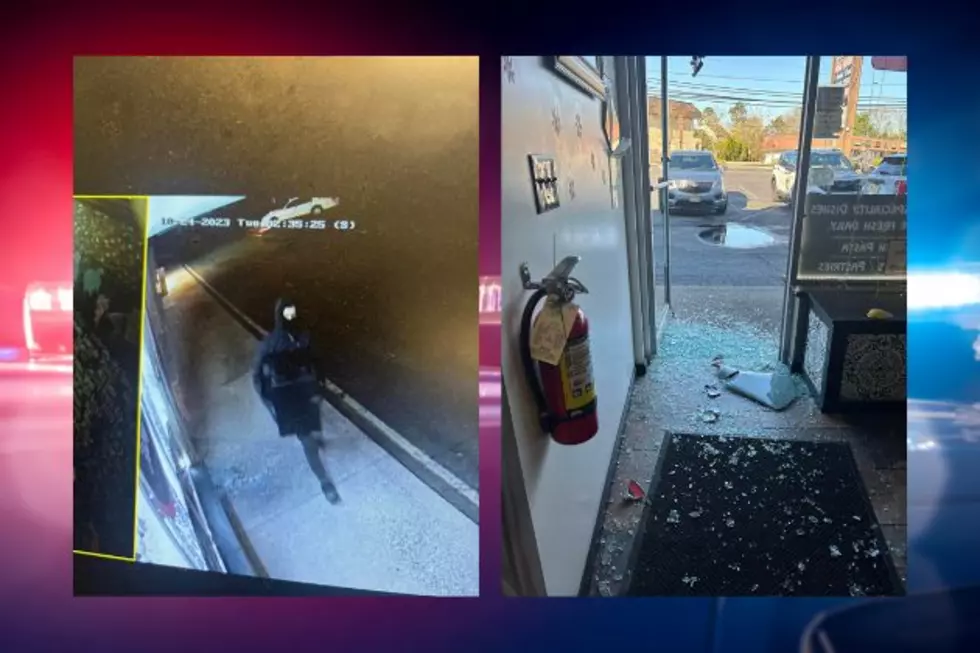
Lithium-ion battery blamed for Toms River, NJ car fire
TOMS RIVER — A lithium-ion battery left on the seat of a car is being blamed for starting a fire that destroyed a car on Thursday.
Toms River Fire Inspector John Novak said the battery was left in a wireless charger in direct sunlight which is something manufacturers discourage.
"You shouldn't be storing cell phones or anything with lithium batteries in a hot car in direct sunlight," Novak told New Jersey 101.5. "If the device seems to be damaged it could definitely be a problem."
Novak said another way to avoid problems is to use higher quality products when it's time to replace cords, chargers and lithium batteries. Cheaper replacement batteries were the cause of recent e-bike fires in New York City.
"The batteries they were using were knockoffs coming out of China that aren't the best quality. They're not assembled under the best conditions," Novak said. "As long as you're buying a quality battery from a reputable manufacturer and you're following their instructions and using their charging devices that goes with that battery, there shouldn't be that much of a problem."
Avoiding thermal runaway
As electric cars become more common lithium-ion battery fires will likely become more common. The difference between a regular battery and a lithium battery is the amount of energy and capacity in a smaller size. There's a chemical reaction that creates a lot more energy than a traditional battery, according to Novak.
"If the battery gets damaged it can start to leak and that's where you get a thermal runaway. That's what you get with some of the vehicle fires. You have to use massive amounts of water to cool the battery down," Novak said.
Thermal runaway is a condition that develops when the heat generated inside a battery is higher than the amount of heat being dissipated, making the fire very difficult to extinguish.
"From a fire department standpoint we're extinguishing the fire the same way. However, you're left with the batteries which once they go into thermal runaway you have to constantly cool them with water," Novak said, adding there's a risk of a battery reigniting after the vehicle is towed away and placed in a tow yard if the energy isn't discharged.
Thousands of gallons of water to extinguish a fire
A New Jersey man died in March after he slid off the Palisades Interstate Parkway. The crash ignited a lithium battery requiring several thousands of gallons of water over two hours to douse the flames.
Novak said that there is also concern about e-bike riders storing them inside their homes blocking entrances.
"Or if there is a fire and you have these e-bikes in the house or an apartment. When heat from a fire that could cause it to go into thermal runaway and cause more damage creating a hazard for firefighters and residents."
Novak said that as there are more fires involving lithium batteries, the more that can be learned about handling them.
Dan Alexander is a reporter for New Jersey 101.5. You can reach him at dan.alexander@townsquaremedia.com
Click here to contact an editor about feedback or a correction for this story.
Simple ways to help your pets cope during fireworks
Nasty NJ town nicknames — Have you heard of them?
New Jersey's license plate designs through the years
More From New Jersey 101.5 FM









